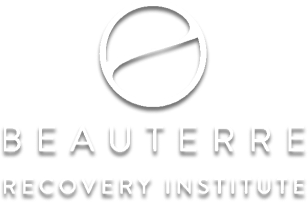Substance abuse is typically defined as an over indulgence of a drug like alcohol, tobacco, and prescription or illicit drugs.
Substance abuse has far reaching societal impacts; in fact the National Drug Intelligence Center estimates its economic impact to be more than $700 billion per year in lost productivity, health care costs and crime.
For the individual user the impacts of their addictions are more immediate, not only on their physical being but also their overall mental health.
Physical Impacts of Substance Abuse
Many people who suffer from addiction have accompanying medical issues. It’s well known that smoking increases the likelihood of mouth, throat and lung cancers, but some drugs, like inhalants, can damage the nerve cells and impact the nervous system.
The National Institute on Drug Abuse reports that many of the long-term impact of drug abuse on the physical health include:
- Cardiovascular disease
- Stroke
- Cancers
- HIV/AIDS
- Hepatitis B & C
- Lung Disease
- Mental Disorders
Illicit drugs that are injected—like heroin, cocaine and methamphetamine—currently account for around 12 percent of new AIDS cases as well as being a major contributing factor in the spread of hepatitis C and other infectious diseases like STDs.
The medical impacts of long-term substance abuse are often just the physical consequences of underlying mental health issues that are occurring at the same time as the addiction.
Mental Health Impacts of Substance Abuse
More often than not drug addiction and mental health disorders are co-occurring issues. Mental disorders like anxiety, depression or schizophrenia may be present in a person prior to their addiction, but in some cases substance abuse could be a trigger or heighten the individual’s mental health issues.
When addicts are compared with the general population, they are found to be nearly twice as likely to have co-occurring mental health problems like mood and anxiety disorders. This is why, when seeking treatment, it’s important to find a program that has the ability to treat both the addiction and the underlying mental health issues.
 Beauterre Recovery Institute
Beauterre Recovery Institute
